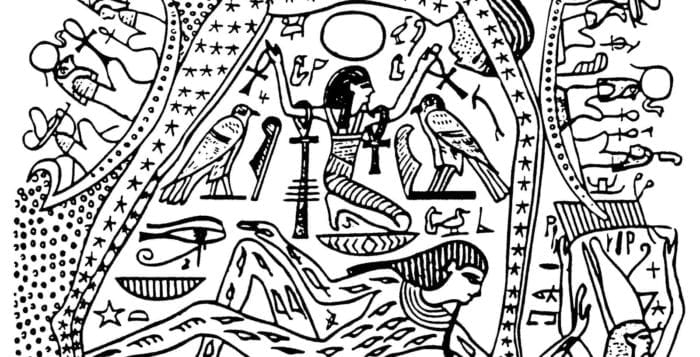Life Lines: Magic, religion and science

By Elof Axel Carlson
In 1890 Sir James George Frazer (1854-1941) wrote “The Golden Bough.” Frazer was Scottish, educated in Glasgow and then in Cambridge studying classical literature (Greek and Roman). He studied mythology, comparative religion and anthropology. His book argues that magic gave rise to religion and religion to science.
Magic assumes there are supernatural powers that some people can invoke or possess as innate gifts. With magic, what seems impossible can be made possible, at least to the observers of magical acts. Most professional magicians deny that they possess such gifts, and Houdini spent considerable time duplicating the tricks and illusions other magicians (and charlatans) used to deceive the public.
Frazer surmises the earliest humans believed in magical acts and associated them into rituals and myths with a belief in gods, often family ancestors, mythic heroes who were founders of a tribe, clan or larger population and sky gods. He believed the idea of resurrection came from the seasonal observation that plants die, scatter seeds and in the spring a resurrection occurs. He calls this “the dying corn god.”
Religion largely replaced magic as the basis for interpreting how the world arose, how society should function and how we relate to our gods. Religion in turn led to science with mathematics replacing numerology, astronomy coming out from astrology and chemistry from alchemy. The pursuit of knowledge from pseudoscience led to a weeding out of the failed experiments and predictions and a respect for more empirical and reason-based studies of the material, living and psychological universe in which we live.
Contemporary historians and philosophers differ with Frazer and among themselves on the origins of science. Some use a Marxist interpretation that farmers and workers laid the groundwork for science by their practical approaches to cultivate nature. Some argue that science is actually a cultural consensus or construction that shifts to new consensus and constructions in response to political and cultural changes.
Most scientists reject these social views of science and favor a material universe that can be explored, interpreted and manipulated with tools, experimentation, reason and data replacing myth, ideology or the supernatural. At issue in these debates are the ways scientists see the universe and their efforts to understand it. Science sometimes overthrows prevailing beliefs seen as truths. More often, it modifies its findings and its implications, incorporating the old as a portion of the new.
Newton’s laws of motion and gravity were not negated by Einstein’s theories of relativity or space-time. They became a more limited application useful for studying Earth and its solar system. Science is limited in what it can predict. We do not know if there are few, many or an unending number of scientific laws that may emerge in the centuries and millennia to come.
Elof Axel Carlson is a distinguished teaching professor emeritus in the Department of Biochemistry and Cell Biology at Stony Brook University.






